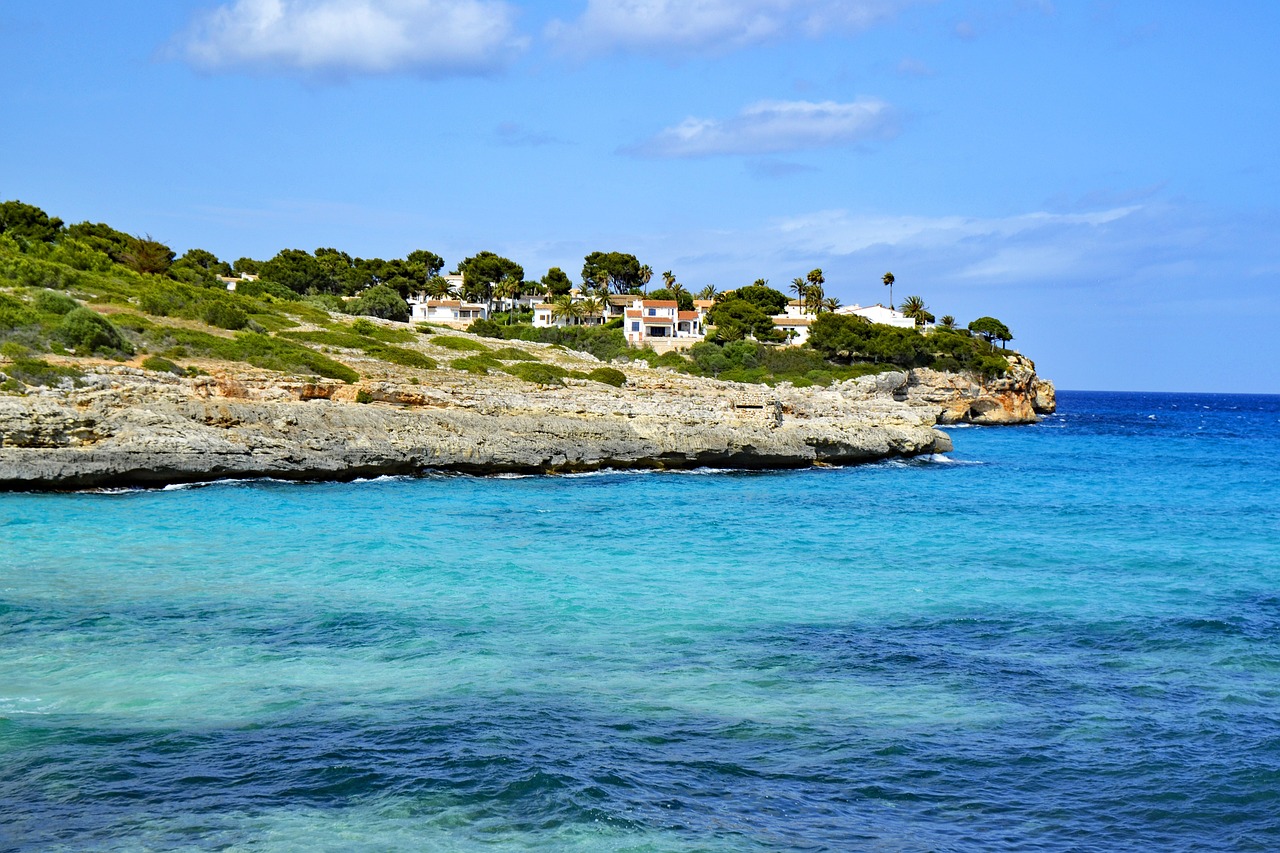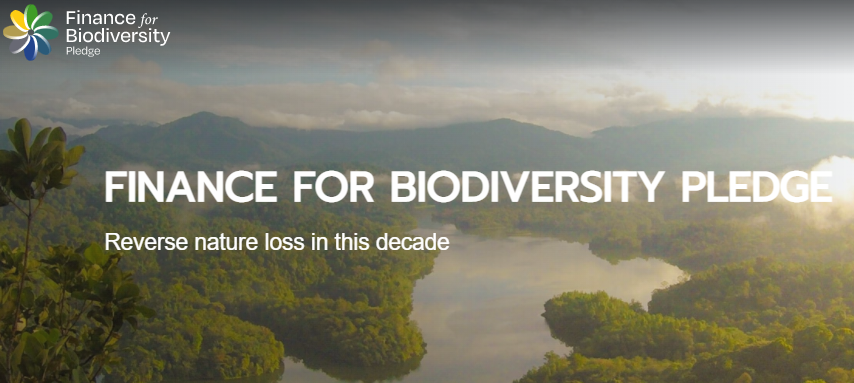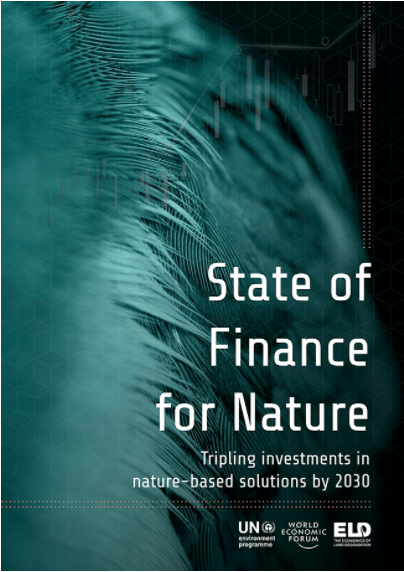European Regulation on Deforestation-Free Products

We are losing forest area at a rate of 27 football fields per minute. According to FAO, we continue to lose an average of 10 million hectares of forest each year, of which just under two-thirds can be attributed to agricultural expansion, with the remaining third due to a combination of forest fires, logging and other factors. Approximately one third of the forest area lost is related to international trade. Therefore, by fighting imported deforestation it is possible to make a significant difference in the total loss of trees worldwide.
The EU is responsible for 10% of this global deforestation through the consumption of certain products. The
-
Make voluntary commitments, in particular, with regard to reducing the use of supply chain products associated with deforestation and forest degradation and in relation to promoting supply chain transparency.
-
Integrate deforestation considerations into corporate social responsibility and responsible business conduct actions.
-
Support progress towards sustainable land-use practices and reduction of pressure on forests.
-
Actively commit to implementing integrated transboundary actions to halt deforestation and forest degradation.
The EU Timber Regulation (EUTR), which controlled trade in illegally harvested timber products within the EU, is replaced by the new regulation on deforestation-free products. This new regulation includes in scope, in addition to timber, a variety of agricultural products. It also goes further to cover both legal and illegal deforestation.
OBJECTIVE: to minimise the risk that products placed on the market in the European Union will cause deforestation and forest degradation.
CONCERNED COMPANIES: Operators (companies placing products covered by the legislative scope on the European market for the first time on or exporting from the European market) and traders (companies simply placing products already in circulation on the EU market) placing on the market, marketing or exporting from the European Union certain products derived from a selection of raw materials (oil palm, soybeans, cattle, timber, coffee, cocoa and rubber). It also includes some by-products, such as leather, chocolate, furniture, charcoal, printed paper products, and a number of palm oil derivatives.
IMPLICATIONS
- Products derived from the raw materials included in the regulation can only be placed on the EU market or exported from it if they are deforestation-free, have been produced in accordance with the relevant legislation of the country of production and are covered by a “due diligence statement”.
-
Operators must implement a due diligence system. Companies that place relevant products on the EU market or export them from the EU market, referred to as “operators”, are required to exercise due diligence, including reporting requirements, risk assessment measures and, in case of non-negligible risk, risk mitigation measures.
-
Operators must obtain the geolocation, latitude and longitude coordinates of all plots of land from which the raw materials or products (including timber) were obtained, as well as the date or time interval of production.
-
Non-SME operators are required to report annually, publicly, as widely as possible, including on the internet, on their due diligence systems and the steps they have taken to ensure compliance with their obligations.
- Operators and traders active in the EU will have to register due diligence declarations in a “centralised information system”, to which national and customs authorities will have access.
The regulation requires affected companies to demonstrate that their supply chains do not contribute to deforestation or forest degradation. The regulation specifies the requirements for each step of the due diligence process, i.e. the obligation to collect information about their supply chains, conduct risk assessments, and implement risk mitigation actions when necessary.
Operators should implement due diligence mechanisms to ensure that the relevant products they intend to place on the market or export comply with legal requirements and are deforestation-free; If they are not SMEs, they will also be required annually to publicly report on the due diligence system they have in place. In addition, “traders” who are not small and medium-sized enterprises (SMEs) will also need to conduct due diligence.
The due diligence process requires companies to obtain accurate geolocation coordinates of where the raw materials have been produced. This strict traceability requirement is intended to ensure that only deforestation-free products access the EU market, and that law enforcement agencies in Member States have the necessary tools to verify that this is the case.
In addition, a benchmarking system is established for all countries, or regions within them, which will allow the assignment of a low, standard or high level of deforestation risk, thus facilitating control and simplified due diligence for low-risk countries.
To this end, the European Commission shall publish by means of implementing acts, no later than 18 months after the date of entry into force of the Regulation, the list of countries, or parts of countries, presenting a low or high risk. In this way, the obligations of operators and national competent authorities will vary according to the level of risk assigned to the country of production. This system involves enhanced screening for high-risk countries and simplified due diligence for low-risk countries. “Operators” sourcing from countries that the Commission has designated as “low risk” will be able to conduct “simplified due diligence”. This means that they will be exempt from performing the second and third steps of the due diligence process, i.e., risk assessment and mitigation. However, “operators” will nonetheless need to perform the first step of due diligence: gathering information about their supply chains. This includes obtaining information on the location of forest plots/farms.
For violations of the new regulation there are a number of possible sanction options, which may include fines, confiscation of products, confiscation of income or disqualification from public procurement processes.
The regulation also provides for the creation of a “centralised information system” on operators and traders active in the EU, to receive and record operators’ due diligence statements, to which national and customs authorities will have access.
DEADLINES
From the entry into force of the obligations, which will take place 18 months after the approval of the final text, the products affected by the regulation may not contain raw materials produced in areas that have been subject to deforestation or forest degradation after 31 December 2020, or that do not comply with the legal requirements applicable in the country of production. Micro and small enterprises will benefit from a longer adaptation period, as well as other specific provisions.




